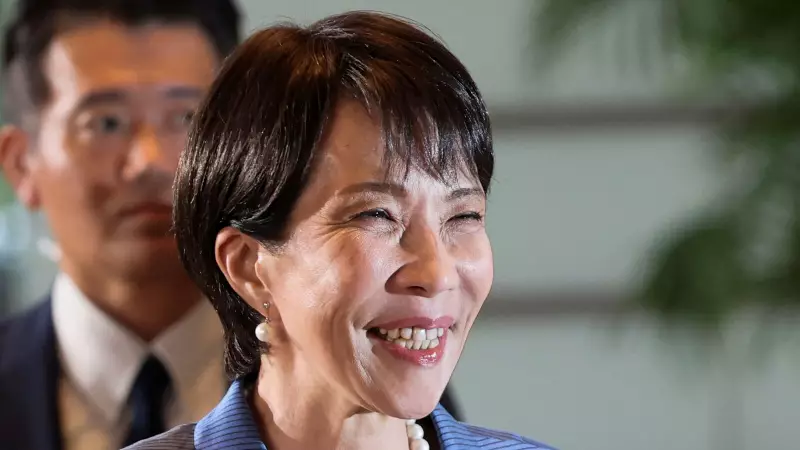
In a speech that's sending shockwaves through Japanese political circles and beyond, Sanae Takaichi, Japan's first serious female contender for Prime Minister, has made her stance on work-life balance abundantly clear: she's against it.
'Work Like a Horse' Philosophy
During her inaugural address as a leadership candidate for the ruling Liberal Democratic Party, Takaichi invoked traditional Japanese work values, explicitly stating she doesn't believe in work-life balance. Instead, she advocated for a "work like a horse" approach that prioritizes professional dedication above all else.
"The concept of balancing work and personal life isn't part of my political vocabulary," Takaichi declared, positioning herself as a champion of Japan's renowned work ethic despite global trends toward better work-life integration.
Historical Context and Political Significance
This stance is particularly noteworthy given Takaichi's potential to become Japan's first female Prime Minister. Her position challenges Western feminist ideals that often emphasize work-life balance as crucial for women's advancement in leadership roles.
The speech comes at a critical juncture for Japan, which has been grappling with:
- An aging population and workforce shortages
- International pressure to improve gender equality
- Debates about Japan's notorious overwork culture
- Competing visions for modern Japanese identity
Global Reactions and Implications
Takaichi's comments have ignited fierce debate across social media and international business circles. Supporters applaud her for defending Japanese cultural values, while critics worry this approach could hinder progress on gender equality and worker wellbeing.
The timing is crucial as Japan continues to navigate post-pandemic workplace norms and economic challenges. Takaichi's stance positions her as a traditionalist in a party known for its conservative values, yet her potential breakthrough as the first woman to lead the LDP adds layers of complexity to her message.
As Japan watches this political drama unfold, Takaichi's "work like a horse" philosophy may well define not only her leadership campaign but also the future direction of Japanese work culture and gender politics on the global stage.





